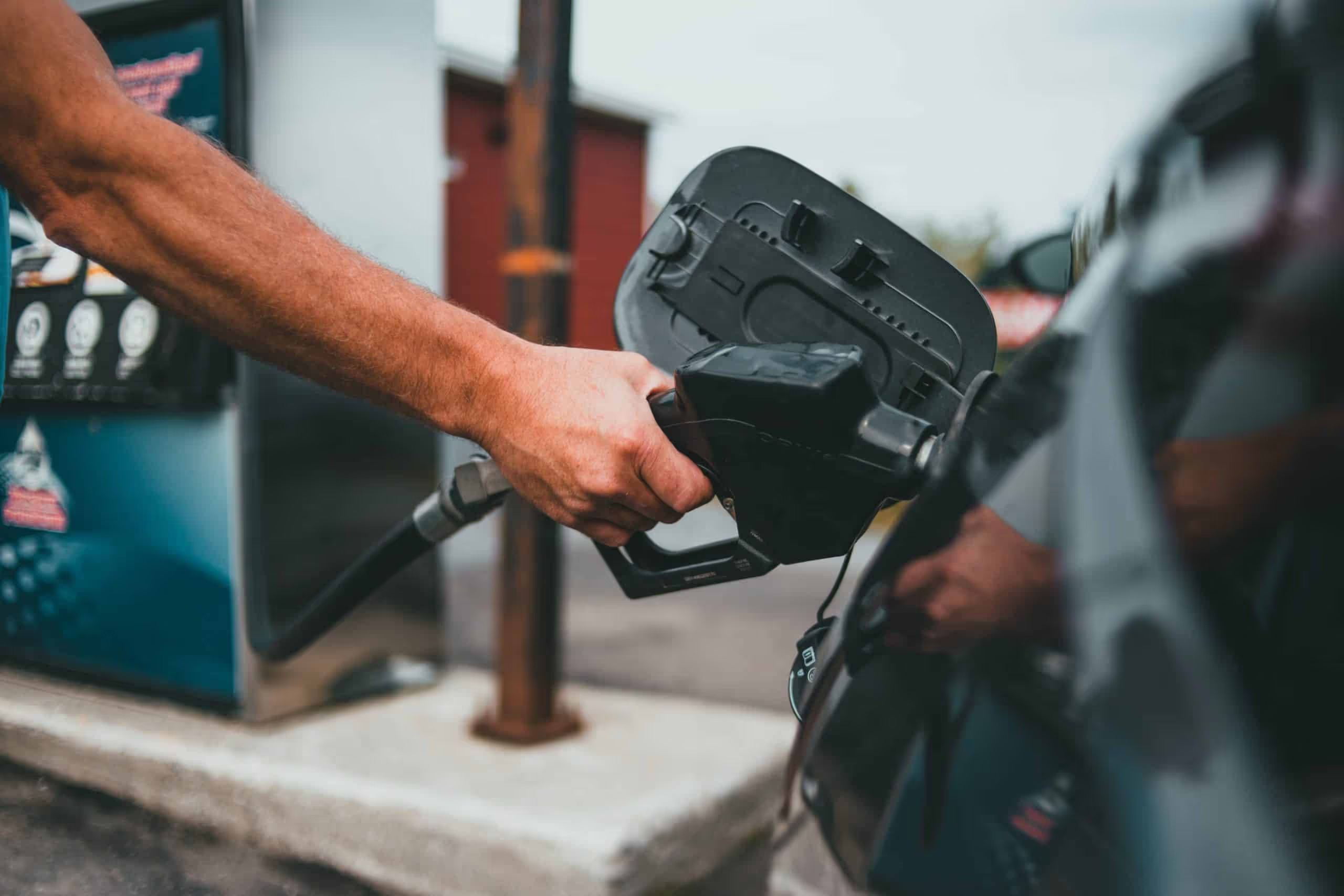Reducing Fleet Management Fuel Costs: Tips for Optimizing Fuel Expenses and Usage

Fuel is the lifeblood of fleet operations. From transporting goods to providing customer support, fleets depend on fuel to keep their business running smoothly. Unfortunately, this is also one of the most expensive costs they face. This is particularly concerning because rising fuel costs continue to cause financial hardship for fleets. With the help of telematics, companies can track their fuel consumption, boost their fuel efficiency, and make the most of their fuel usage.
Factors that Affect Fleet Fuel Costs

Reducing fuel expenses helps keep your company profitable and competitive. However, it's essential to understand the factors that directly contribute to high fleet fuel costs. This means taking a close look at your current fuel data and assessing the impact of any changes you make.
- Distance traveled. If you don't plan your routes efficiently, you risk spending more than you should due to fuel waste. Fleet management software can help get drivers to their destinations faster, which will reduce fuel expenses. This technology considers the traffic on the road, terrain, and speed limits in finding the most fuel-efficient routes and the shortest distance possible.
- Vehicle type and size. You need to know your truck's Gross Vehicle Weight Rating (GVWR) or the maximum amount of payload (passengers or cargo) it can safely carry. In addition, you need to consider the size of the vehicle. Larger vehicles typically use more power than smaller ones, so opting for a smaller truck may help you improve fuel economy and achieve fuel savings.
- Driver behavior. Poor driving habits, such as overspeeding, rapid acceleration, and frequent braking, can lead to increased fuel consumption and higher fuel costs. Fleet managers can use telematics to analyze drivers' behavior and ensure that their vehicles are used efficiently.
- Weather conditions. Extreme temperatures make truck engines work harder to keep up with the demands of the weather. This is especially true in winter when the engine requires more fuel to reach the desired temperature. Fleets should be mindful of how the weather affects their vehicles and plan accordingly to ensure that fuel expenses remain low.
Using Fleet Management Software to Track Fuel Costs?
Save on repair and maintenance costs
By keeping track of service intervals, vehicle utilization, and driver performance, businesses can ensure that their vehicles are used efficiently and that regular maintenance and repairs are done on time. This can help extend vehicle life, reduce breakdowns and emergency repairs, and optimize fuel consumption. It can also help businesses to plan, anticipate upcoming maintenance costs, and budget accordingly.
Improve route planning for greater fuel efficiency
Poor route planning can lead to increased fuel usage as drivers take more time to reach their destination. It increases the delivery cost and causes a great deal of inconvenience to customers who expect their goods to be delivered promptly. Fleet management systems provide real-time tracking of vehicles through GPS, allowing companies to monitor the progress of their trucks and make informed decisions about efficient routes. This reduces unnecessary detours, which waste fuel.
Reduce idling time to reduce fuel consumption
Idling can waste up to a gallon of fuel per hour. Although there are times when idling is unavoidable, such as when stuck in traffic, it is generally considered a bad driving habit. Telematics can help managers better understand driver behavior and vehicle conditions. By using fleet management software, managers can monitor fleet's fuel efficiency and the fuel consumption of each driver, allowing them to establish appropriate incentives that can discourage idling and incentivize more fuel-efficient driving practices.
How Can You Reduce Your Fleet Management Fuel Cost?
Fleet operators are constantly looking for ways to reduce their fuel costs. There are a few key strategies they can adopt to help achieve this.

- Utilize telematics. Fleet management systems can provide a comprehensive view of fuel usage, helping identify areas where companies are leaking money. The software can also understand how fuel is used across the entire fleet and give detailed insights into how various driving techniques and behaviors affect fuel consumption.
- Maintain your vehicles. The North American Council for Freight Efficiency NACFE) reports that proper vehicle maintenance can increase fuel economy by up to 10 percent. Scheduling regular checks can help your fleet managers identify which vehicles need repair. Doing this will help your company save fuel costs, extend your vehicles' lifespan, and ensure your drivers' safety. Regular maintenance checks can also identify potential issues that could be dangerous and lead to costly repairs if not addressed promptly.
- Train your drivers. Providing drivers with training on fuel-efficient habits can help your fleet cut back on unnecessary fuel costs. Fleet management software can detect sudden acceleration and frequent braking, which are preventable fuel-guzzling activities. Fleet managers can help prevent these through in-cab audio notifications and driver coaching.
Final Thoughts on Reducing Fleet Fuel Costs
The cost of fuel affects many facets of running a business, ranging from the amount of profit that can be made to how efficient the fleet is running. Tracking fuel costs through the use of fleet management software allows you to identify specific trends in your fleet's fuel usage and fuel management. Once these trends are identified, methods for reducing fuel costs such as optimizing routes or remapping routes can be explored to cut back on spending. Investing in a high-quality fleet management system like Netradyne has the potential to provide considerable savings and make fleets substantially more profitable. Book a demo to explore how Netradyne can help you track fuel efficiency metrics and implement fuel management best practices.
